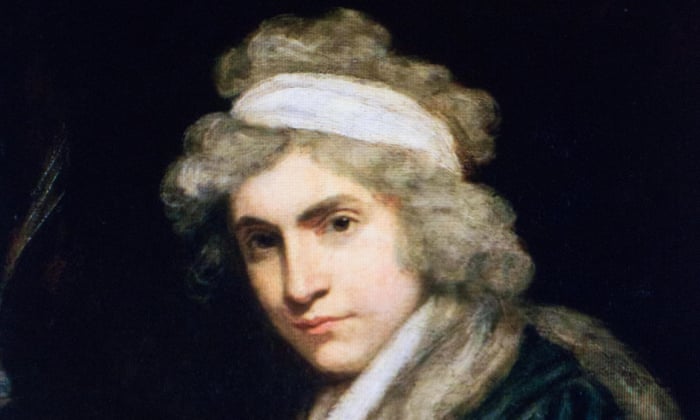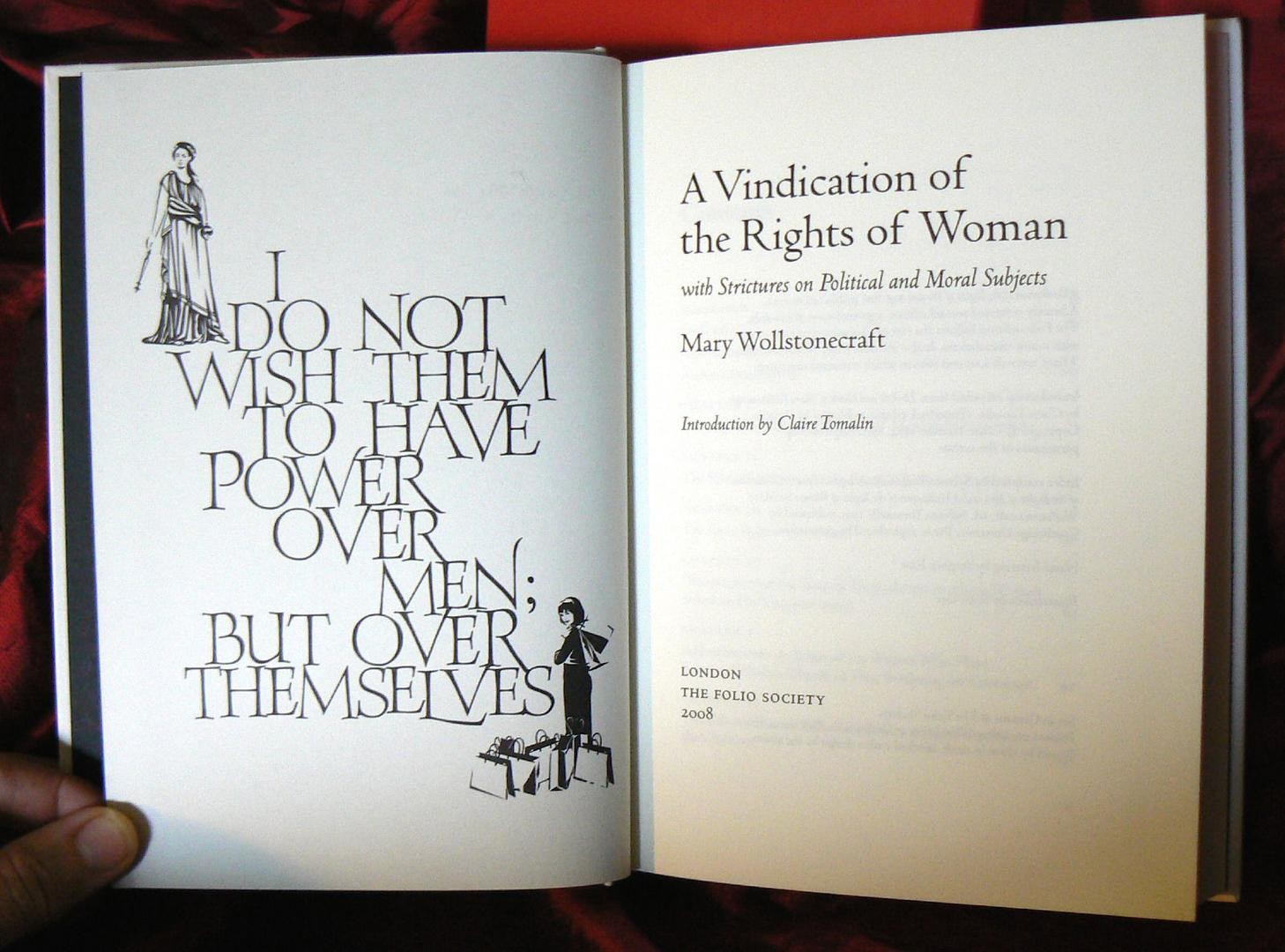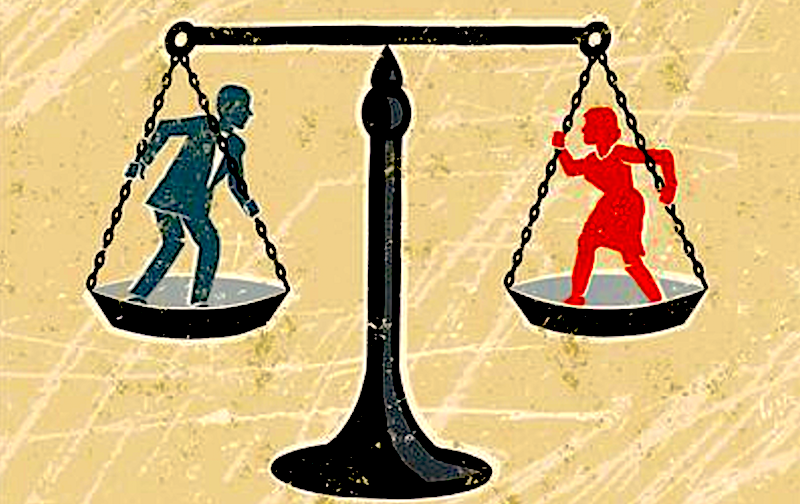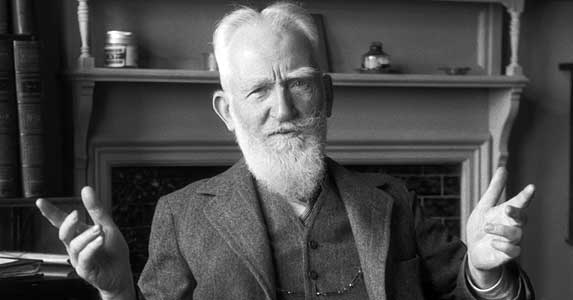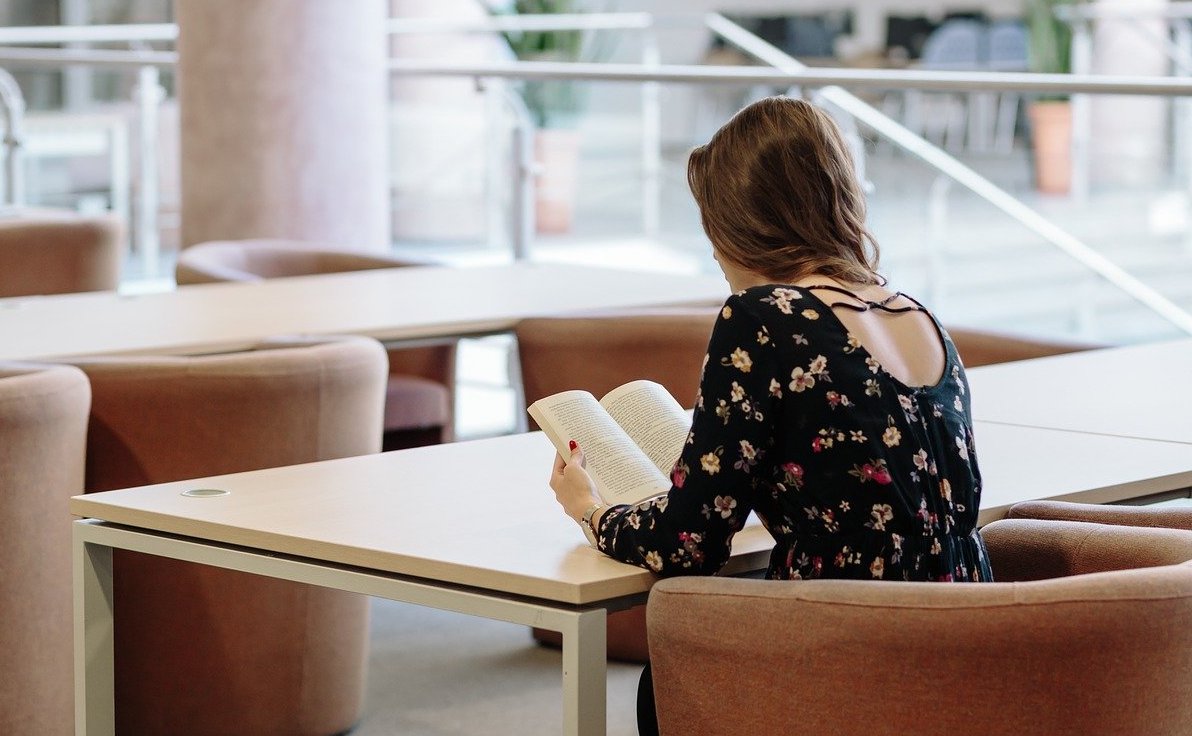Afshan Khan, BeyondHeadlines
Mary Wollstonecraft can be seen as the first feminist whose book, ‘A Vindication of the Rights of Woman’ has been recognised as a contribution to liberal feminism. The most fascinating fact is that she wrote it in the 18th Century, at a time when women were considered as subordinate beings and not the part of human species.
Wollstonecraft dedicated this book to M Talleyrand Perigord, the late bishop of Autun. Charles M de Talleyrand Perigord submitted his report (1791) to the French National Assembly which was mainly based on the idea of national education. This report stated that boys should receive free education and women should only receive a domestic education. The book consists of thirteen long chapters which present the detailed study of every aspect of the life of a woman and man.
She has encountered some of the great philosophers in this book such as J J Rousseau, Dr Gregory, Dr Fordyce, and Madame Genlis etc. But she is highly critical of Rousseau’s views on women which treats women as merely a means to men’s pleasure.
Wollstonecraft beautifully observed the problems and injustices prevailed in French society. She deals with a big question like ‘has nature shaped the differences between the two sexes or the civilisation is responsible for this?’ She criticises Rousseau and Gregory for advising women to sit at home and considering them not as human beings but subordinating beings.
Education is the best remedy for social evils
She considers education as the most important phenomenon for the betterment of society. She strongly argues that a society can develop only with education and all the evils can be removed with the help of education but the condition is, women should also be educated in the way men are being educated. Here, it is important to note that she does not pitch women against men, neither does she want competition with men. Her concern is to make both the sexes complimentary to each other. This is why she criticises the kind of education boys were receiving in French society.
To her, French National education was a faulty system. She holds that customs of religion and Churches are reduced to only showing off and not for attempting to the development of morality through hearts and minds. One of the finest critiques of the education system she makes is that ‘masters teach only French to the boys and feel proud of it’. She states that eventually these boys are neither domesticated not do they become responsible citizens. Therefore, they must be taught other vital subjects.
Reason must be cultivated in both the sexes
She criticises the view that women are driven by emotions, not reason. She argues that Rousseau, when judges women as childish because of their good conduct, in reality, behaves unphilosophically. According to her, these philosophers including Dr Gregory who look at women as useless to society, weak and artificial, are irrational. On the basis of her experiences and reflections, she wants to counter-argue them ‘rationally’. She says that if women are controlled by emotions and sentiments than reason, this is because they are being taught and trained in such a way through a faulty educational and societal system.
Women are not a means to men’s pleasure
She succinctly criticises Rousseau’s views on women. She states that he thinks women are so weak and inferior that they can only be treated as a means to men’s pleasure. She complains that if women are weak and irrational at all, this is because they are always taught to please men, they have never been taught to be independent. Wollstonecraft bravely criticises Rousseau’s thoughts by arguing that he promotes evil by looking down upon women by considering them inferior to men, appreciating them for their beauty, declaring women sufficient for men’s pleasure whenever they want to relax. She argues that Rousseau’s character of ‘Sophia’ is an insult to women and their capability because it insists that women are subject to men. Her anguish towards Rousseau seems justified when she says that he is a great advocate of equality but he does not follow what he advocates. She accuses him of following double standards.
Through this book, Wollstonecraft attacked double standards of the society in general and male philosophers in particular. She also disputed with the Biblical idea that Eve was responsible for the ‘Original Sin’
The book is structured and written in a very well and organised manner which along with pointing out the problem, also suggests remedies at the same time. All the feminists favouring equality of sexes must read the book as this work is a part of gender history.

